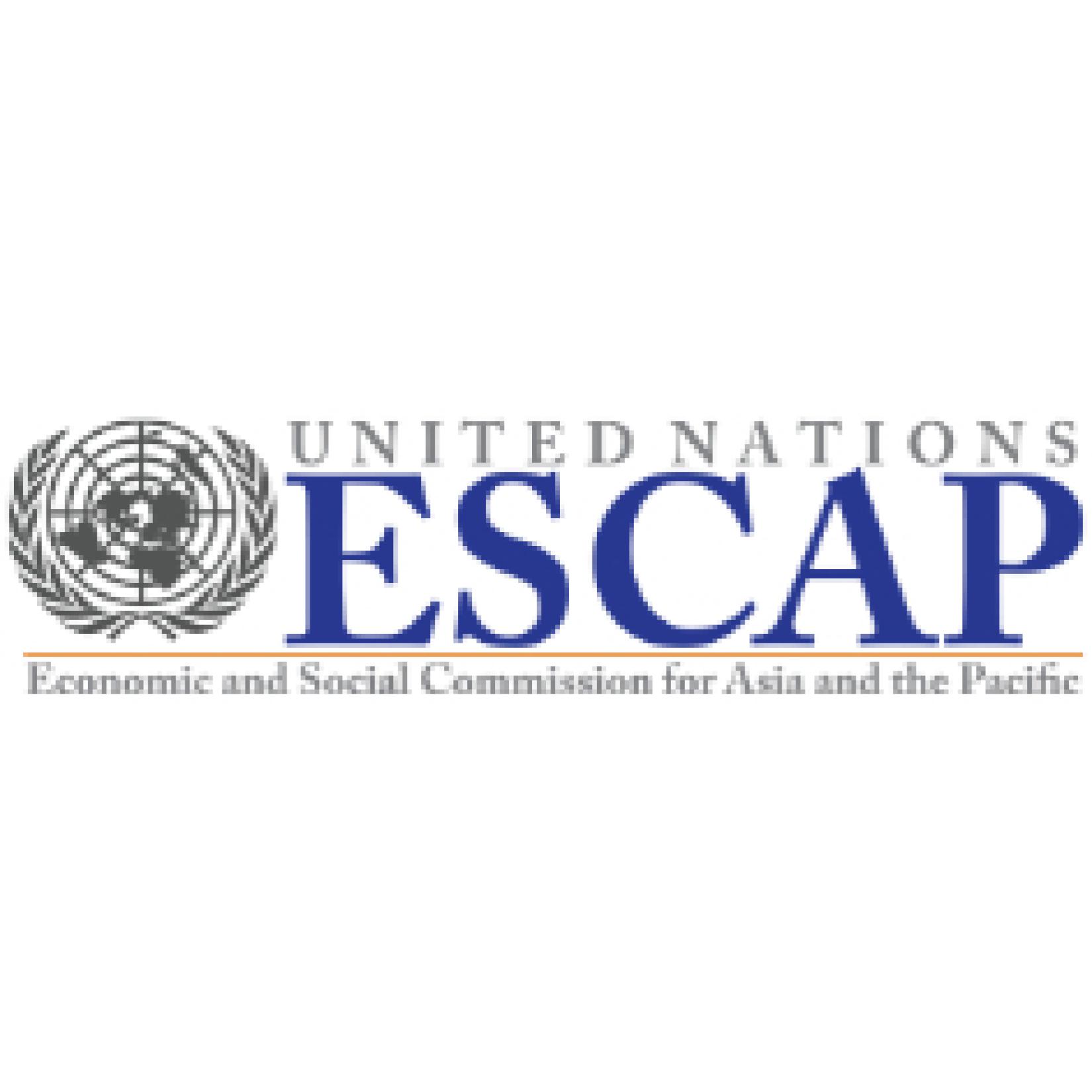Accelerating action for the SDGs and building resilience in Asia-Pacific
02 July 2019
Accelerating action for the SDGs and building resilience in Asia-Pacific
ESCAP to highlight Asia-Pacific priorities at High-Level Political Forum in New York
…

Accelerating action for the SDGs and building resilience in Asia-Pacific
ESCAP to highlight Asia-Pacific priorities at High-Level Political Forum in New York
The Asia-Pacific region is gaining speed in Sustainable Development Goals (SDG) planning and primed for transformative change. Yet more needs to be done to pick up the pace. A recent report has revealed that on its current trajectory, Asia and the Pacific will not achieve any of the 17 SDGs by 2030. How can we work together to take urgent action in addressing sustainable development challenges? How can we empower societies and build resilience to, among others, the increasing impacts of climate change and natural disasters?
These are some of the key questions that the United Nations Economic and Social Commission for Asia and the Pacific (ESCAP) will address at the High-Level Political Forum (HLPF) 2019 in New York this July. Themed “Empowering people and ensuring inclusiveness and equality”, this year’s HLPF also aims to mobilize efforts to achieve SDG4: Quality Education, SDG8: Decent Work and Economic Growth, SDG10: Reduced Inequalities, SDG13: Climate Action, SDG16: Peace, Justice and Strong Institutions, and SDG17: Partnerships for the Goals.
In addition to bringing the outcome of regional level deliberations to the global platform for follow-up and review of the 2030 Agenda for Sustainable Development, ESCAP will hold a series of side events and other activities in collaboration with Member States and various partners. UN Under-Secretary-General and Executive Secretary of ESCAP Ms. Armida Salsiah Alisjahbana will be leading the ESCAP delegation.
16 Asia-Pacific countries will also be conducting voluntary national reviews (VNR) on the implementation of the 2030 Agenda at HLPF 2019. They include Azerbaijan, Cambodia, Fiji, Indonesia, Kazakhstan, Mongolia, Nauru, New Zealand, Pakistan, Palau, Philippines, Timor-Leste, Tonga, Turkey, Turkmenistan and Vanuatu. ESCAP has provided capacity building support to volunteering countries, as well as a regional exchange of peer experiences and lessons learned at the 6th Asia-Pacific Forum on Sustainable Development (APFSD).
ESCAP at HLPF Highlights
WEDNESDAY, 10 JULY
13:15 - 14:45, Trusteeship Council Chamber, UNHQ
Side event on “Strengthening Governance, Participation and Engagement to Tackle Environmental Challenges”, co-hosted with the Permanent Mission of Mongolia
THURSDAY, 11 JULY
08:00 – 09:00, S-1522/23, Secretariat Building, UNHQ
VNR Lab on “From presentation to implementation: Regional support to the follow-up on the VNRs”, hosted by UN Regional Commissions
13:15 – 14:30, Conference Room F, UNHQ
Side event on “Regional contributions to empower people and promote equality: experiences, lessons learnt and way forward”, hosted by the Permanent Mission of Thailand
13:15 – 15:15, UN Office for South South Cooperation, 12th Floor, 304 East 45th Street
Side event on “Fostering Digital Transformation and Global Partnerships for SDG Achievement”, hosted by the Government of Saudi Arabia, UNOSSC and WSIS
FRIDAY, 12 JULY
13:15 – 14:45, Conference Room F, UNHQ
Side event on “Partnerships for Accelerated Sustainable Energy Development and Enhanced Resilience Building to climate change in LLDCs”, hosted by UN-OHRLLS
18:30 – 20:00, Conference Room F, UNHQ
Side event on “SDG8: Decent Work and Just Transition at the Centre of the Agenda 2030: How to Make It Happen?”, hosted by the Workers and Trade Union MG
MONDAY, 15 JULY
13:15 – 14:30, Conference Room F, UNHQ
Side event on “Data Revolution for Ensuring Decent Work for All with a Focus on Youth”, hosted by the Permanent Mission of Bangladesh
15:00 – 17:00, Conference Room 4, UNHQ
Plenary session on “Four years of VNRs: What Have We Learned on Implementing the SDGs?”
16:00 – 17:15, UNDP Meeting Room, DC1, One UN Plaza
Side event on “Accelerating Progress: An Empowered, Inclusive and Equal Asia and the Pacific”, co-hosted with ADB and UNDP
TUESDAY, 16 JULY
13:15 – 14:30, Conference Room 12, UNHQ
Side event on “Taking Action on Equality, Inclusion and Empowerment in Asia and the Pacific”, co-hosted with the Permanent Mission of Timor-Leste
15:00 – 16:00, Trusteeship Council Chamber, UNHQ
Plenary session on “What are Regions Telling Us About Implementation of the 2030 Agenda and the SDGs?”
18:30 – 20:00, Conference Room 12, UNHQ
High-Level roundtable discussion on “Tackling the Perfect Storm: Empowering Societies for Disaster Resilience”, co-hosted with the Permanent Mission of the Republic of the Philippines
WEDNESDAY, 17 JULY
13:15 – 14:45, Delegates Dining Room, UNHQ
Ministerial Lunch hosted by the ECOSOC President and Regional Commissions
Please note the above schedule is subject to change. The updated timetable is available at: https://sustainabledevelopment.un.org/hlpf/2019
Note to Editors
For media enquiries or individual interview requests, please contact:
Ms. Kavita Sukanandan, Public Information Officer, Strategic Communications and Advocacy Section, ESCAP, T: (66) 2 288 1869 / E: sukanandan@un.org
About the United Nations Economic and Social Commission for Asia and the Pacific (ESCAP):
ESCAP comprises of 53 members and nine associate members that are home to over 60 per cent of the world’s population. This makes ESCAP the most comprehensive of the five UN regional commissions and the largest UN intergovernmental body serving the Asia-Pacific region. ESCAP provides an intergovernmental forum for its member States to promote regional cooperation and collective action, assisting countries in building and sustaining shared economic growth, social equity and environmental sustainability.
For more information, visit our website www.unescap.org or follow us on Facebook, Twitter and Youtube at @unescap


















